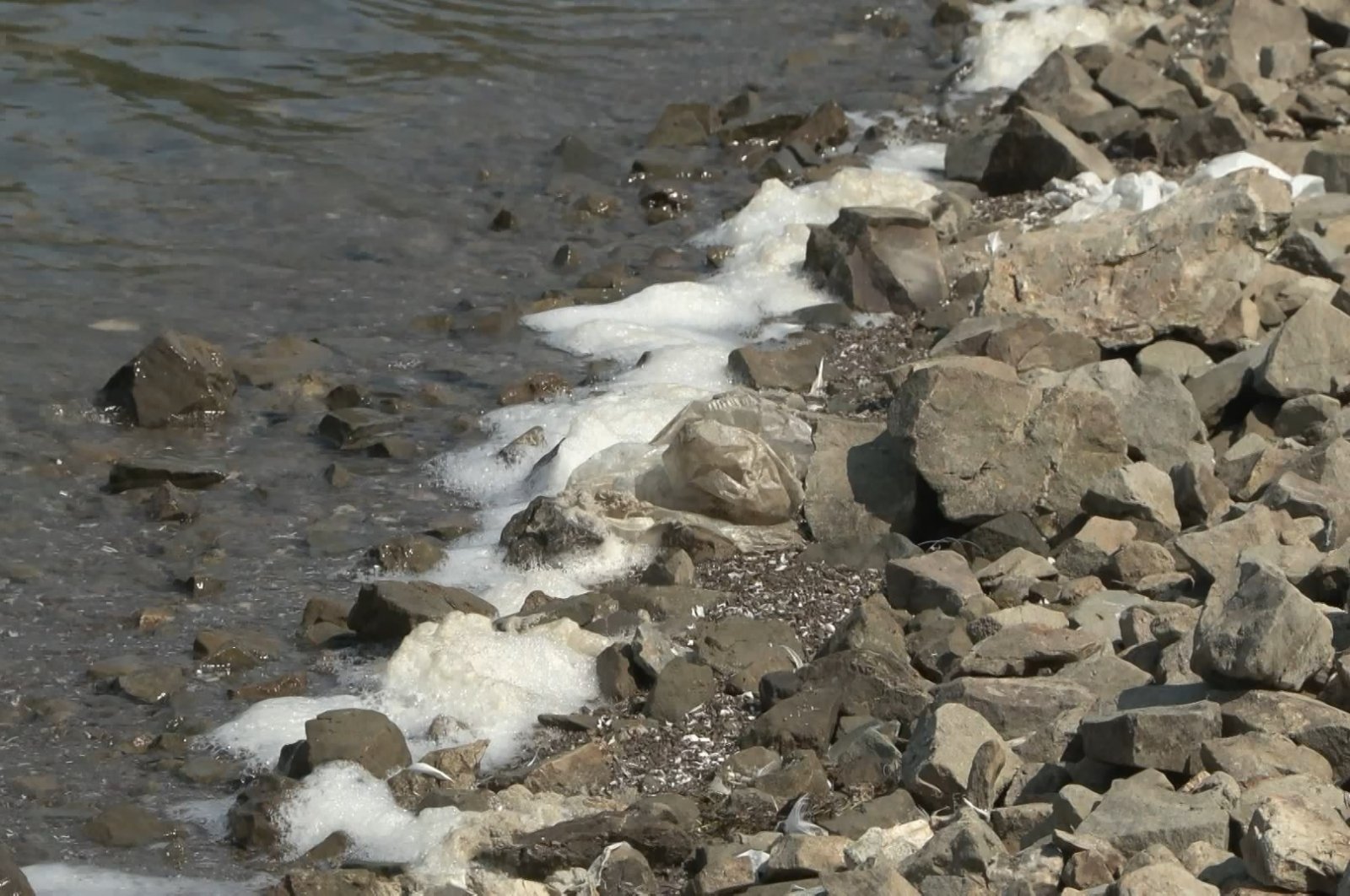
As climate change continues to reshape our planet, urgent action is needed on both the global and individual levels to mitigate its devastating effects and safeguard the future of our planet
As temperatures continue to soar in Istanbul, the issue of evaporation has taken center stage, posing a significant threat to dams already at a worryingly low level of 41%. Experts reveal that an astonishing 17,000 tons of water evaporate every hour by noon from the Ömerli Dam, exacerbating the city's humidity and intensifying water scarcity concerns.
Professor Levent Kurnaz, director of the Climate Change Research Center at Boğaziçi University, warns of record-breaking evaporation levels for dams that have raised alarm bells throughout Istanbul. "Currently, the dams responsible for meeting the city's water needs are only 41.89% full," Kurnaz stated. "Comparatively, on the same date last year, the occupancy rate was at 71.51%."
"Rising temperatures have become a catalyst for increased evaporation rates, leading to significant water losses and environmental concerns. As the mercury soars, bodies of water such as lakes, rivers and reservoirs experience accelerated evaporation. The heat causes water molecules to gain energy and transition from liquid to gaseous state, escaping into the atmosphere. This phenomenon exacerbates water scarcity issues, impacts the water cycle and contributes to the drying of land areas. The consequences of heightened evaporation underscore the pressing need for sustainable water management practices and climate change mitigation efforts to mitigate the effects of rising temperatures on our precious water resources. The Mediterranean region is particularly vulnerable to the impacts of climate change. Seawater temperatures are rising at an alarming rate, surpassing global averages," Kurnaz further explained.
Regarding concerns over water pollution in the dams, Kurnaz reassured the public, saying: "The Istanbul Water and Sewerage Administration (ISKI) conducts regular water analyses in the dams. If no harmful substances are detected, the water is deemed safe for consumption. There is no need to lose sleep over this issue. It is important to note that many Istanbul residents already rely on bottled water for drinking. However, we must pray for more rainfall as it naturally reduces pollution levels in the water. Our goal should be to clean the water through natural means, rather than relying heavily on chemical treatments."
Kurnaz sheds light on factors contributing to evaporation, stating: "The rate of evaporation primarily depends on the moisture content in the air, followed by air temperature and wind speed. At noon today, for instance, approximately 17,000 tons of water evaporated from the Ömerli Dam per hour. By Friday, this figure is projected to double to 34,000 tons."
Current climate models indicate that rising temperatures will intensify the Earth's water cycle, leading to increased evaporation. While this may result in more frequent and intense storms in some areas, it will also contribute to drying over other regions. Consequently, areas affected by storms are likely to experience heightened precipitation and an increased risk of flooding, while areas situated away from storm tracks may face reduced rainfall and an increased risk of drought, as reported by NASA.
The recent devastating floods in the Black Sea region, which claimed a life and triggered over 1,000 landslides, serve as a sobering reminder of the destructive power of climate change-induced disasters. These events highlight the urgent need for concerted efforts to combat climate change, safeguard lives and protect valuable properties from such catastrophic consequences.
